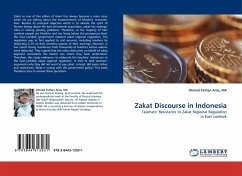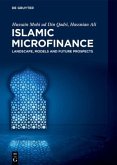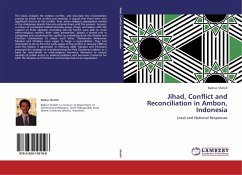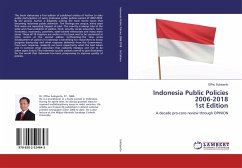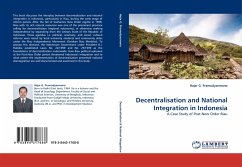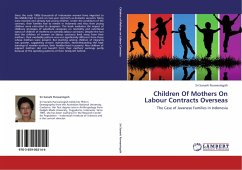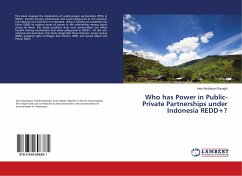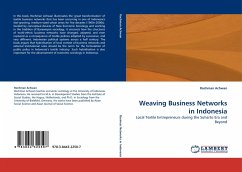Zakat as one of five pillars of Islam has always become a main issue when we are talking about the empowerment of Muslims' economic lives. Besides its principal objective which is to elevate the spirit of human beings above the love of material acquisition, zakat has strategic roles in solving poverty problems. Therefore, as the majority of East Lombok people are Muslims and are living below the prosperous level, the East Lombok government enacted zakat regional regulation. The regulation was at first applied to civil servants, including teachers by deducting 2.5% of their monthly salaries of their earnings. However, it has raised strong resistances from thousands of teachers whose salaries were deducted. They argued that the salary deduction on behalf of zakat payment contradicts the Islamic law which they have understood. Therefore, this study endeavors to elaborate the teachers' resistances to the East Lombok zakat regional regulation. It tries to seek teachers' arguments why they did not want to pay zakat, instead, did some strikes and resistances. What is wrong with the government policy? This book therefore tries to answer these questions.
Bitte wählen Sie Ihr Anliegen aus.
Rechnungen
Retourenschein anfordern
Bestellstatus
Storno

